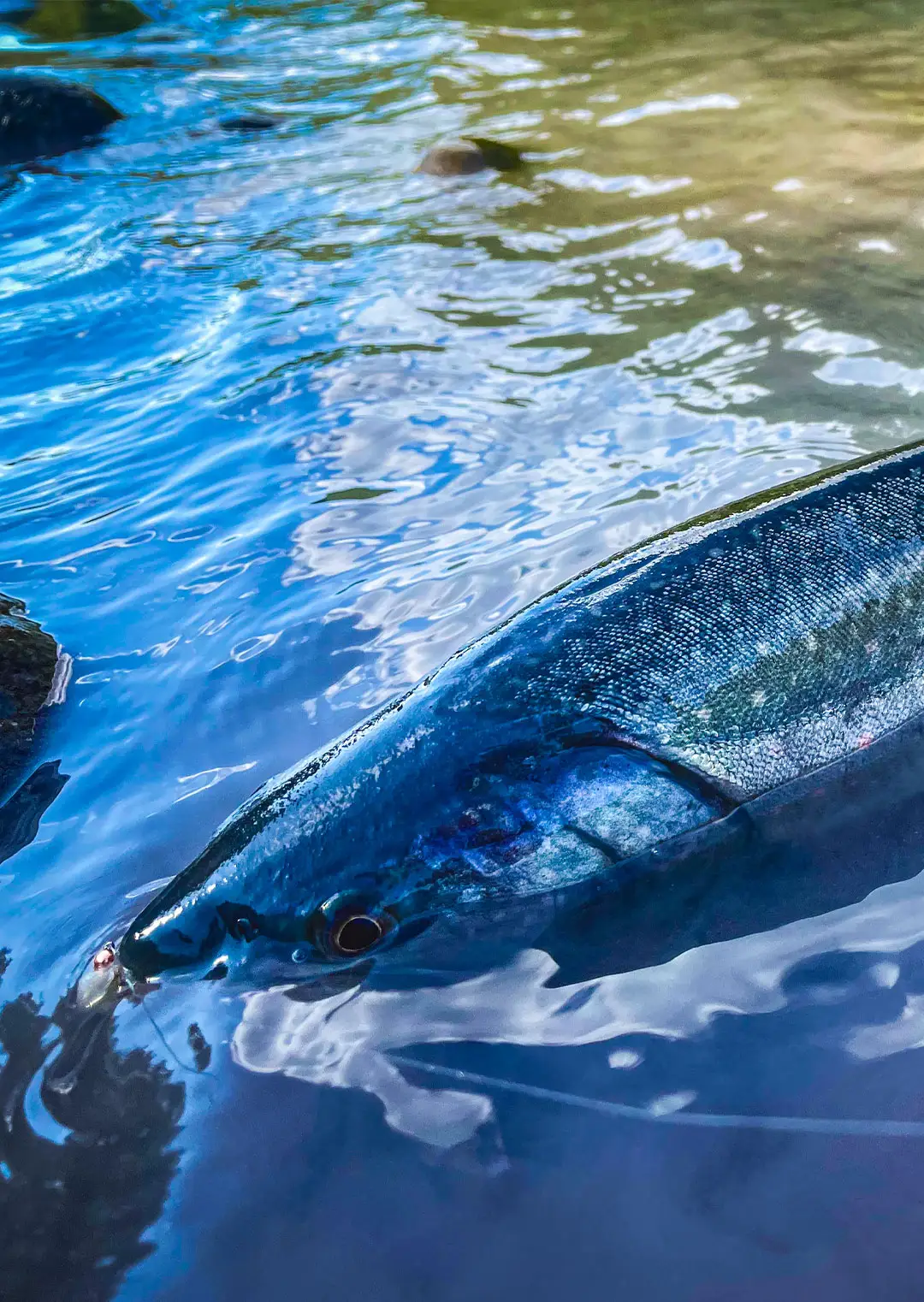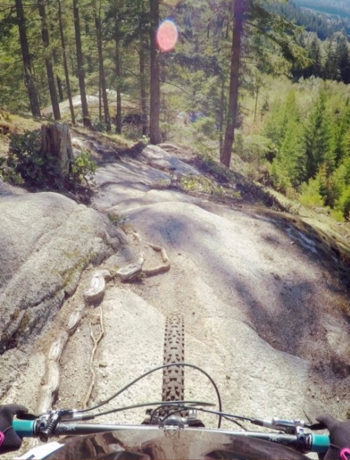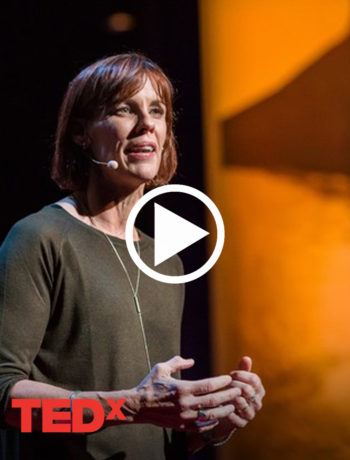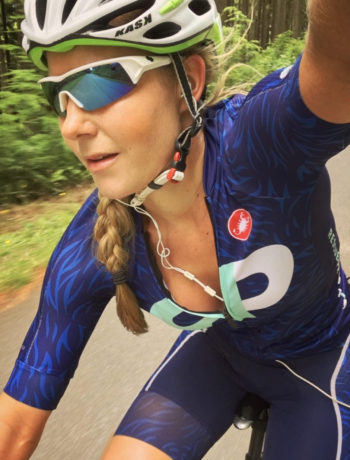The landscape leads me through a picturesque scene, amidst the towering mountains, lush rainforest and rushing river gently nudged against moss covered trees; I begin walking home from a morning of flyfishing.
I got into a couple of nice trout, but the thrill of the tug, the electrifying zing that usually sent a rush of excitement through me, wasn’t quite the same today. Instead, there was a noticeable sense of loneliness that hung in the air, a familiar feeling most potent not in solitude, but in the impenetrable space between you and other.
Much like the space that seems to widen between the trees as autumn settles in, companionship and connection seem to drift even farther from reach. Colours fading with time but a lingering beauty hangs on, as a leaf clings steadfastly to its branch, refusing to let go.
As the warmth of summer gradually dissipated, I sensed that my zest was slipping away with it; the state in which I live in contemplative musings about the world around me, where everything becomes a source of wonder and affection, and where a feeling of love permeated all things. There was a time when I could glimpse a persons face and notice the hidden layers of beauty; reflexively seeing the extraordinary within the ordinary. In nature, everything was magical; a pillow of moss hugging a tree; the stunning orange light turning the forest orange. To have zest is to see with the eyes of love, and to feel with a heart of optimism.
Without my zest, hues of blue blanket the world. Even my favourite activities like flyfishing feel lacklustre; the enthusiasm of every cast and every ripple in the water holding the promise of excitement becomes subdued. I focus intently on the solitude inside, like fixating on the fading summer sun, trying to make sense of something you can’t quite put your finger on.
Emotions are a lot like the sun. You can focus on it closely, blinding yourself with its intensity, or you can relax and allow it to grow soft and diffuse, illuminating the world around you.
Emotions are a lot like the sun. You can focus on it closely, blinding yourself with its intensity, or you can relax and allow it to grow soft and diffuse, illuminating the world around you. This gentle way of being with our emotions invites a profound shift in our relationship with them. Rather than being consumed, the broader context of our experiences become illuminated. Emotions cease to be overwhelming forces, and instead, they become guides, pointing the way toward deeper understanding and insight. Much like in fly fishing, we don’t fixate on the fish itself, but turn our focus to the hidden contours of a riffle, deep shaded pools, unusual bubbles, and fishy-looking hiding spots.
Life’s poignant moments can become so deeply-rooted in the brain and body that we can’t easily locate, dislodge them and get ourselves unstuck. In order to untangle our emotions we mustn’t focus directly on them, but survey our entire landscape for clues. Trauma shows up in every facet of our lives, and by taking a broad inventory of our present experiences and interactions, particularly those that evoke potent emotional responses, we can uncover clues that illuminate self-discovery.
The stories we tell ourselves
In my moments of solitude, there was an opportunity for introspection and self-discovery. I encounter narratives deeply rooted in past experiences; and take notice of the long shadows they cast over the present. Walking amongst the falling leaves, I begin to contemplate what it means to let go with grace.
My best friend is gone; my heart is destroyed and I tell myself “I will always be alone.” Tangled up in the stories we tell ourselves — consciously or unconsciously — lie certain core beliefs. Where did these stories originate? “I am always going to be alone because no one truly loves me”. This idea has been stuck deep inside me since I was a kid… since my parents were pre-occupied with their own life and alcoholism, since friends bullied and abandoned me along the way. The belief that I can only rely on myself became a well-trodden pathway in my brain.
Mindfulness techniques and healing modalities provide awareness of this learned narrative. The challenging part is achieving a level of mindfulness where we can observe these flashbacks rather than feeling them — observing old wounds without interacting with them. This is quite difficult for me, as the memory of how alone I felt is incredibly potent. Reminding myself that these responses were natural back then, a child’s way of coping with their world. I work on shifting my beliefs and re-framing my current situation to say, “My friend is moving away and that’s sad—but it doesn’t mean I’m abandoned and unloveable.”
Ripples from the past
If you’ve ever wondered, Why do I act this way? Why am I like this?, it’s likely a very old pattern. We’re unaware that emotional responses triggered by current situations, often resemble past traumatic experiences. Leaving us confused because our intense emotions often lack clear memories or visuals of the traumatic events.
Imagine pebbles dropped into the river, subtly influencing the flow of water. Those pebbles are your traumas. It is not the initial splash, but the ripples that follow, that hold the true essence of this analogy. Events that set in motion a series of subtle, unseen consequences that continue to expand throughout our lives. These ripples manifest in various forms, affecting our thoughts, emotions, behaviours, and relationships. Eventually blending with the water’s natural flow, trauma’s effects can become so integrated into our lives that we may be entirely unaware of its presence.
What many of us don’t realize is that trauma isn’t always the catastrophic events such as abuse. It can be a seemingly small and insignificant event that lodges itself deep within our psyche; Harsh words from parent or teacher, the neglect of a busy mother, or a parent who dismisses a child’s distress due to their own inability to handle it, can all leave a lasting impact.
Trauma is not what happens to you, but what happens inside of you as a result of the trauma. — Gabor Mate
I begin to understand the ripples of the past—that continue to impact the currents of my life. The invisible force that shapes our lives, influences our lifestyle, our capacity for affection, and our understanding of the world. The way in which it can create barriers that hinder our capacity to connect with others and ourselves fully; it can isolate us from the depth of intimacy and love we inherently long for.
In the awareness of this truth and my longing for inner peace, a singular path becomes evident: there is no escape except to journey through. Letting the burdens carried for so long fall away, in order to make room for renewal, growth, zest and the full spectrum of emotions; to rediscover the capacity for deep affection, intimacy, and to become fully present in the now.





No Comments